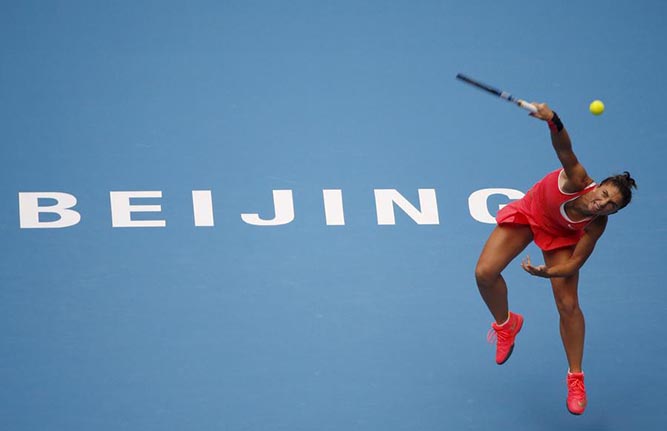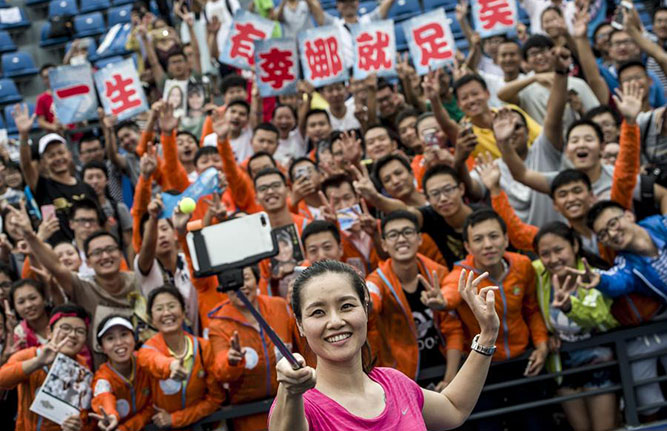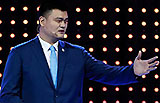Shanghai Rolex Masters rides new wave of enthusiasm for the game
By Zhang Kun (China Daily) Updated: 2015-10-08 13:41The Shanghai Rolex Masters started in 2009. "We are still the one and only ATP Masters 1000 tournament in Asia," Yang said. Every year, between September and October, the Asian leg of the ATP World Tour consists of three tournaments: the China Open in Beijing and the Tokyo Open in Japan are ATP World Tour 500 series, and Shanghai is a Masters 1000 event."
There are altogether nine tournaments in the Masters 1000 series around the world every year; they are the second-most important events behind the four Grand Slam tournaments: the Australian Open, French Open, Wimbledon and the US Open.
The China Open in Beijing has grown rapidly over the past few years, mainly because of its importance in the women's tournament, especially as China has produced a few highly successful women players over the past few years.
"Stars play such an important role in the promotion of tennis," Li Na said. Whenever Li, the first Chinese woman tennis player to win a Grand Slam, played in a tournament, the TV ratings would surge.
"In the short period after Li Na's retirement, the public's interest for tennis in China surely has cooled down a little bit," Yang said, "but in the long run, the trend is still going strong."
Professional tennis is new to China. Traditionally, athletes are selected at a very young age and start systematic training in sports schools. The funding is sponsored by the state, and is known as the national strategy in training top athletes and Olympic champions. Now with the sport's strong marketing development here, corporations are beginning to invest in tennis.
Shanghai's municipal professional tennis team was founded in this context and has about 30 players now. Wu Di, the most acclaimed of them, has won several national championships and is now competing in international tournaments.
Half of the universities and colleges in Shanghai have tennis clubs or provide tennis class in their sports curriculum, Li said. Every year hundreds of tournaments take place all over the country.
Many parents in China, inspired by Li, have sent their children to get trained in the game. The Internet also played an important part, bringing together people who also want to play the game. "There are no less than 100 tennis clubs in Shanghai, and the most popular of them have up to 1,000 members," Li said.
The popularity of tennis among the public doesn't immediately lead to good performances on the circuit. "We still have a long way to catch up: Our management system, coaches training and national tournaments… all need to improve, these things will provide the framework that guarantees the production of good athletes," Li said.








